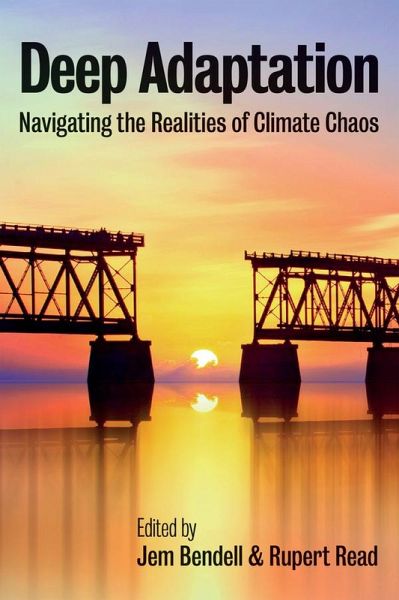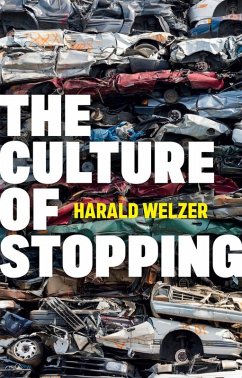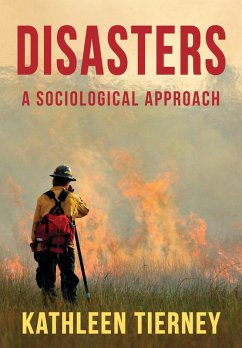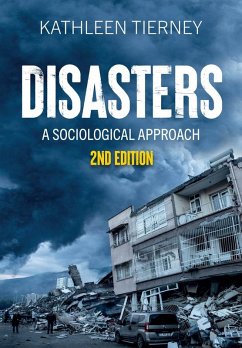
Deep Adaptation (eBook, ePUB)
Navigating the Realities of Climate Chaos
Redaktion: Bendell, Jem; Read, Rupert

PAYBACK Punkte
0 °P sammeln!
'Deep adaptation' refers to the personal and collective changes that might help us to prepare for - and live with - a climate-influenced breakdown or collapse of our societies. It is a framework for responding to the terrifying realization of increasing disruption by committing ourselves to reducing suffering while saving more of society and the natural world. This is the first book to show how professionals across different sectors are beginning to incorporate the acceptance of likely or unfolding societal breakdown into their work and lives. They do not assume that our current economic, soci...
'Deep adaptation' refers to the personal and collective changes that might help us to prepare for - and live with - a climate-influenced breakdown or collapse of our societies. It is a framework for responding to the terrifying realization of increasing disruption by committing ourselves to reducing suffering while saving more of society and the natural world. This is the first book to show how professionals across different sectors are beginning to incorporate the acceptance of likely or unfolding societal breakdown into their work and lives. They do not assume that our current economic, social and political systems can be made resilient in the face of climate change but, instead, they demonstrate the caring and creative ways that people are responding to the most difficult realization with which humanity may ever have to come to terms. Edited by the originator of the concept of deep adaptation, Jem Bendell, and a leading climate activist and strategist, Rupert Read, this book is the essential introduction to the concept, practice and emerging global movement of Deep Adaptation to climate chaos.
Dieser Download kann aus rechtlichen Gründen nur mit Rechnungsadresse in A, B, BG, CY, CZ, D, DK, EW, E, FIN, F, GR, HR, H, IRL, I, LT, L, LR, M, NL, PL, P, R, S, SLO, SK ausgeliefert werden.













